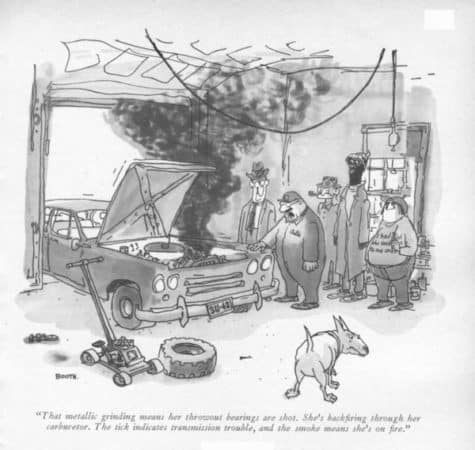“We must distinguish, in other words, because dissent and deviance. Dissent is like civil disobedience. It occurs when people are willing in principles to play by the rules but have a genuine, good-faith objection to the specific content of the prevailing set of rules. They disobey despite the consequences that these actions may incur. Deviance, on the other hand, occurs when people disobey the rules for self-interested reasons”
Nation of Rebels, pp. 79-80




